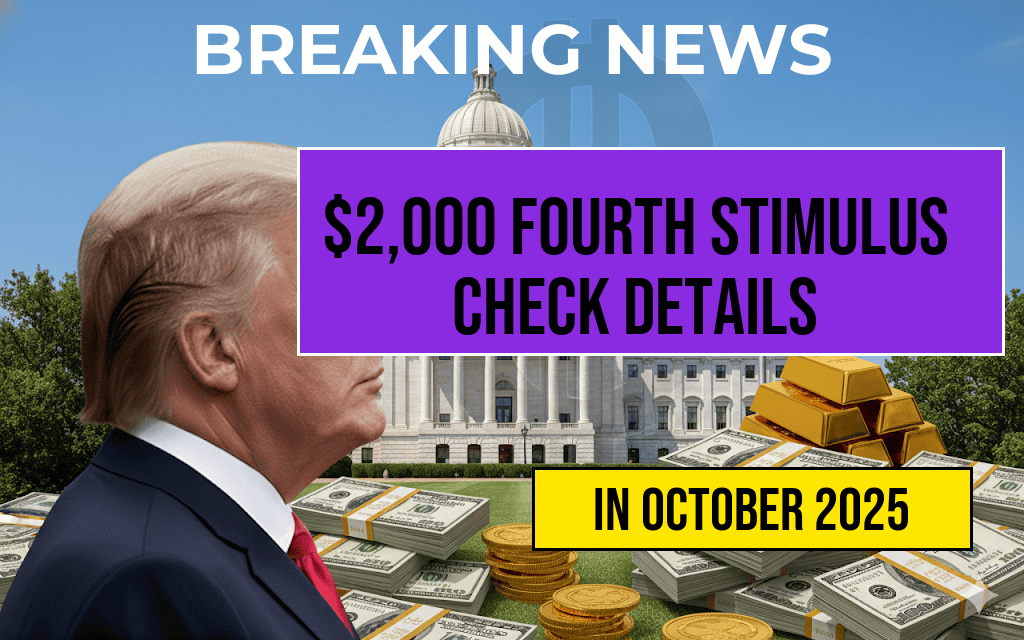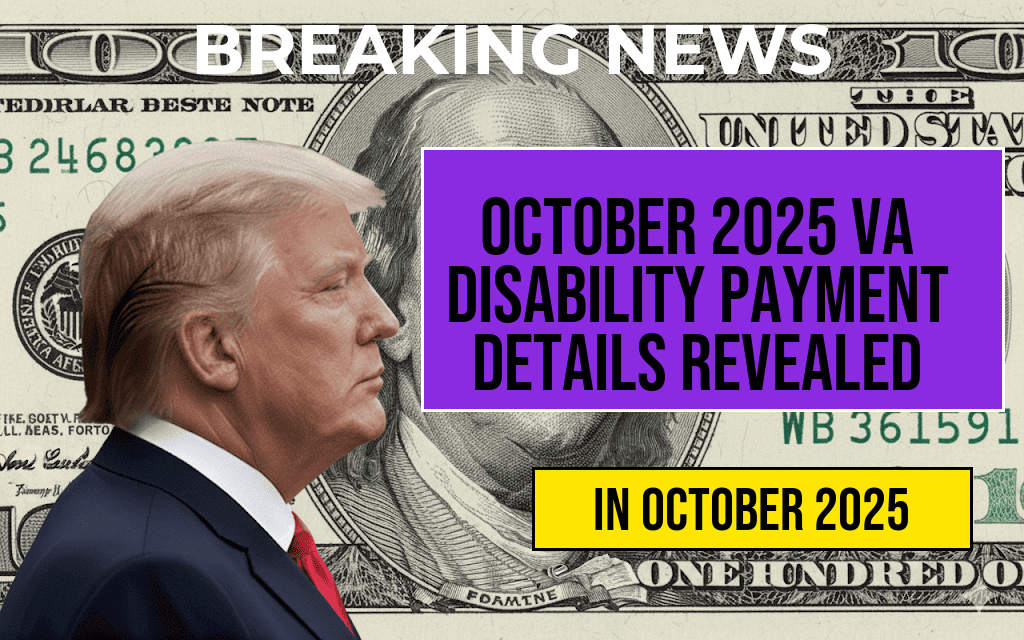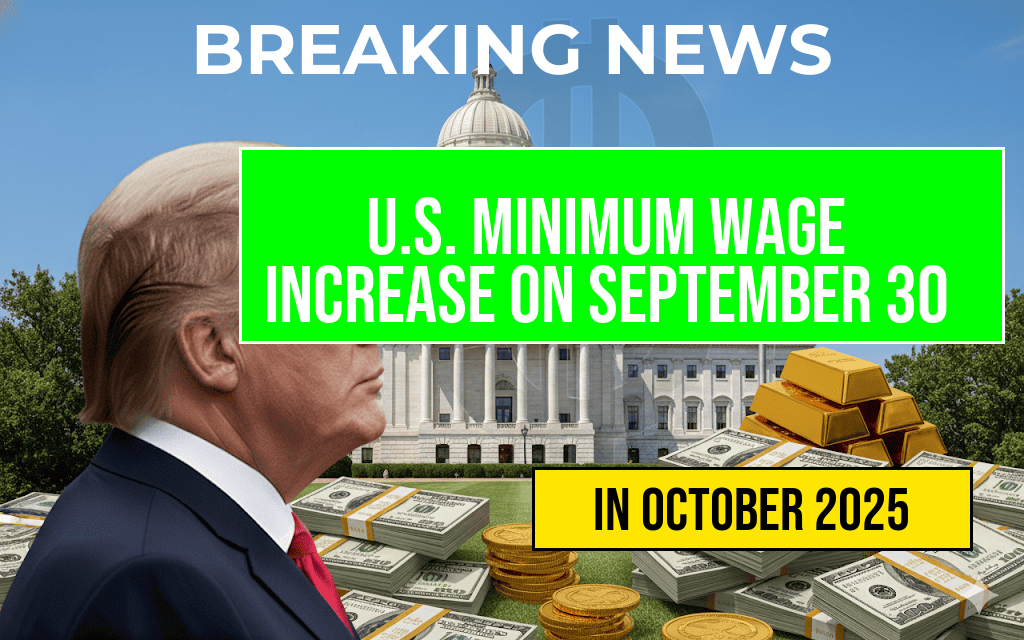The recent tax changes enacted by the federal government are poised to significantly benefit the wealthiest Americans, with estimates suggesting an increase of approximately $5,000 in net income for high earners. These adjustments, which largely focus on altering capital gains taxes and deductions, have sparked a heated debate among economists and policymakers regarding their potential impact on income inequality and the overall economy. While proponents argue that these changes will stimulate investment and economic growth, critics warn that they may exacerbate the wealth gap in the United States. As affluent households prepare to reap the benefits, many are scrutinizing the implications of these tax reforms on broader societal dynamics.
Understanding the New Tax Changes
The latest tax reforms introduced by Congress aim to adjust several key components of the tax code, particularly affecting those in the highest income brackets. The changes include:
- Reduction in capital gains tax rates for individuals earning above a certain threshold
- Increased limits on itemized deductions
- Adjustments to estate tax exemptions
These modifications are designed to create a more favorable environment for investments, encouraging wealthy individuals to allocate their resources toward business ventures and the stock market. According to the Forbes Advisor, this could lead to a substantial increase in disposable income for the affluent, thereby potentially stimulating economic activity.
Projected Financial Impact
Financial analysts predict that the average wealthy household could see an increase of $5,000 in their net income as a result of these new tax policies. This boost is expected to come primarily from the reduction in capital gains tax, which directly affects income earned from investments. The table below illustrates the projected net income changes for various income brackets:
| Income Bracket | Current Net Income | Projected Increase | New Net Income |
|---|---|---|---|
| Under $100,000 | $80,000 | $0 | $80,000 |
| $100,000 – $250,000 | $175,000 | $1,500 | $176,500 |
| Over $250,000 | $500,000 | $5,000 | $505,000 |
Reactions from Economists and Policymakers
The response to these tax changes has been mixed. Supporters, including several members of Congress, argue that the reforms will lead to increased investment in various sectors, potentially resulting in job creation and economic growth. They emphasize the importance of incentivizing wealth accumulation as a means to drive innovation.
Conversely, critics are raising alarms about the widening income disparity that could result from these policies. According to the Washington Post, economists warn that providing additional tax relief to the wealthiest individuals may undermine efforts to address poverty and improve living standards for lower-income families. They advocate for a more balanced approach to tax reform that considers the needs of all income groups.
Public Sentiment and Future Outlook
As the implementation of these tax changes progresses, public sentiment appears divided. Polls indicate that a significant portion of the American populace is concerned about the implications of tax policy favoring the wealthy. Many citizens are calling for more transparency and accountability in how tax revenues are utilized, particularly in funding essential services such as healthcare and education.
Looking ahead, the long-term effects of these tax changes remain to be seen. If the anticipated economic growth materializes, it could lead to a more favorable environment for all income levels. However, if income inequality continues to rise, the government may face increasing pressure to reconsider its approach to taxation.
Conclusion
The recent tax reforms represent a significant shift in the fiscal landscape, particularly for wealthy Americans. With the promise of increased net income, the implications of these changes will be closely monitored by economists, policymakers, and the general public alike. As discussions continue, the balance between incentivizing wealth and addressing income inequality will remain a critical point of focus.
Frequently Asked Questions
What are the new tax changes affecting the wealthiest Americans?
The new tax changes are designed to benefit the wealthiest Americans by allowing them to gain an estimated $5,000 in net income. These changes may include adjustments to tax rates, exemptions, or deductions that primarily impact high-income earners.
How will the $5,000 in net income be realized?
The $5,000 in net income will be realized through various tax adjustments that effectively reduce the overall tax burden on wealthy individuals. This could involve lower tax rates on investments or other income sources.
Who qualifies as the wealthiest Americans under these tax changes?
The term wealthiest Americans typically refers to individuals or households with high incomes, often in the top 1% of earners. Specific thresholds may vary, but generally, those earning significant amounts will benefit from the new tax provisions.
What are the potential impacts of these tax changes on income inequality?
Critics argue that these tax changes may exacerbate income inequality by disproportionately benefiting the wealthiest Americans, while others believe that stimulating investment among high earners could lead to broader economic growth.
When will these tax changes take effect?
The exact timeline for when these tax changes will take effect varies depending on legislative approval. However, they are expected to be implemented in the coming fiscal year, impacting the financial landscape for the wealthiest Americans soon.











